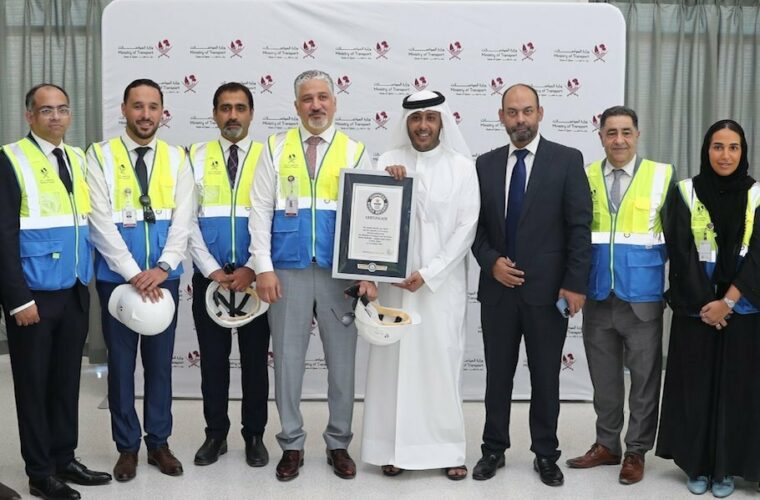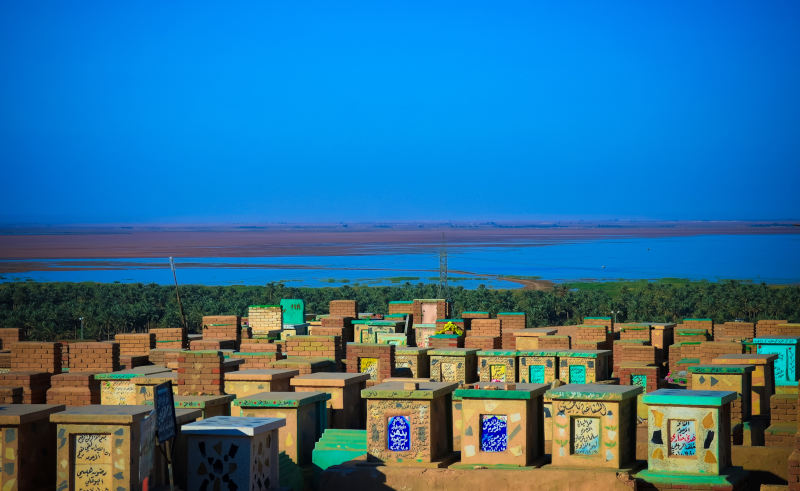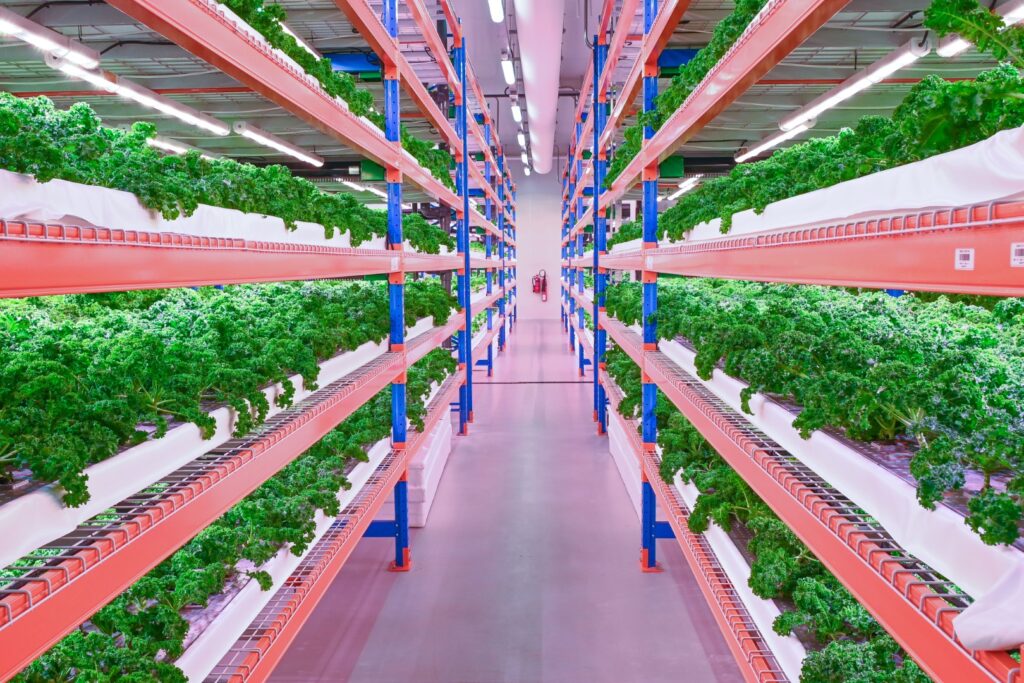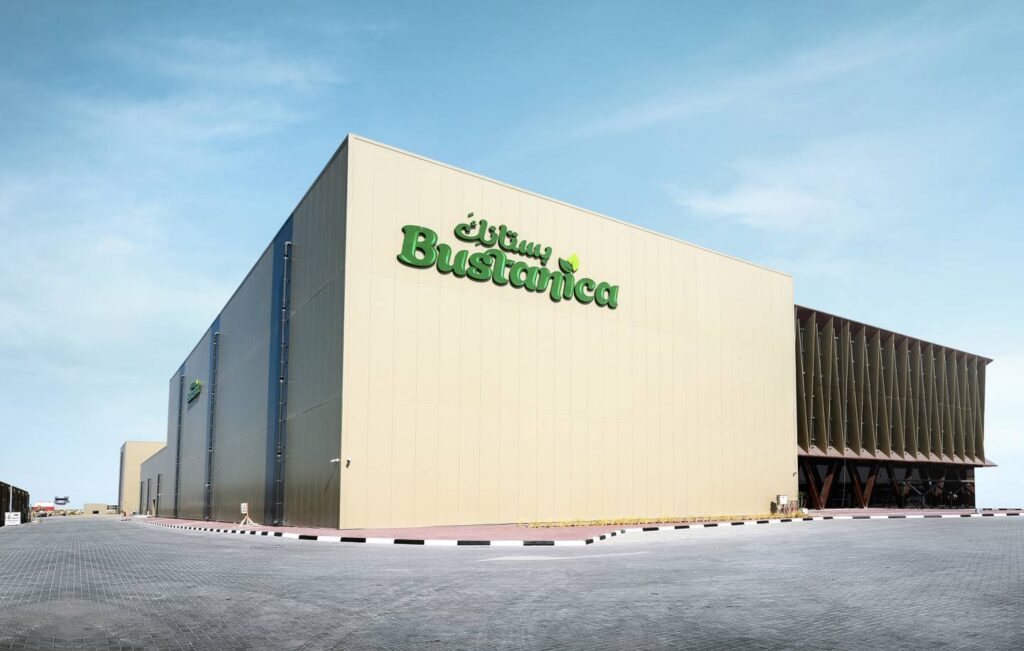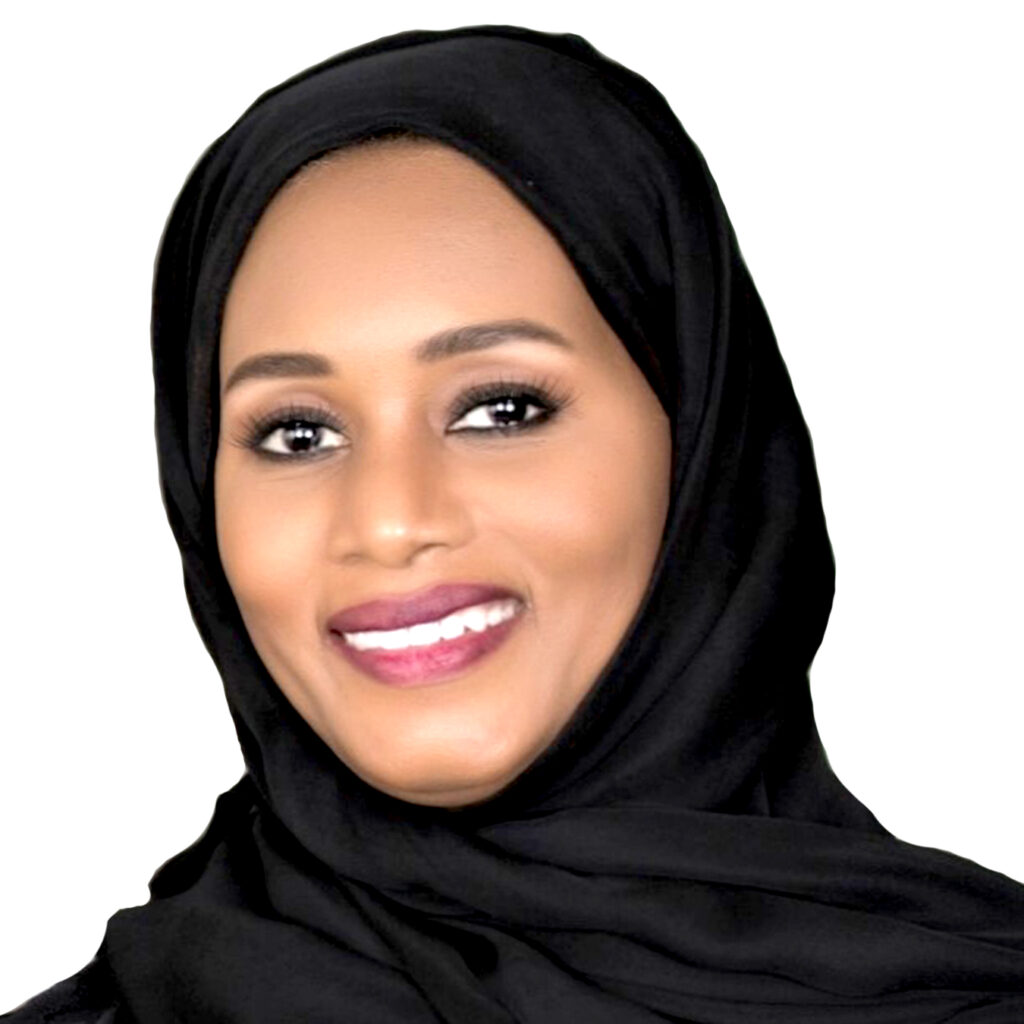The UNESCO Chair for World Heritage Management and Sustainable Tourism at the German University of Technology in Oman was inaugurated Under the patronage of H.E. Salim bin Mohammed Al Mahrouqi; Minister of Heritage and tourism and with the participation of H.E. Shaikha Mai Bint Mohamed Al Khalifa; Chairperson of the Board of directors of the Arab the Regional Center for World Heritage.
Prof. Dr. Michael Braun, Rector of the University, introduced the university and its commitment to research and innovation; and commented that the chair comes as a great accomplishment on the university’s 15th anniversary.
Chairholder Professor Dr. Heba Aziz of the UNESCO chair at GUtech stated: “The establishment of the UNESCO chair at GUtech offers new research, teaching and learning opportunities at GUtech and is a further recognition of GUtech’s academic focus on the field of cultural heritage and sustainable tourism management”
The Chairholder Professor Aziz added “Oman’s vision 2040 remains at the core of the chair’s activity. National priorities focusing on Citizenship, Identity, National Heritage and Culture, sustainable cities and governorates and employment and labour markets are the compass that directs the chairs activity. The chair will work closely with the Ministry of Heritage and Tourism to make sure that it provides the necessary scientific research and labour force to achieve its vision.”
World Heritage Sites draws international attention to heritage sites of outstanding universal value and is expected to increase the number of visitors to these sites. The chair aims to support the role of world heritage in contributing to the Sustainable Development Goals by employing tourism in its comprehensive and sustainable manifestation to drive socio-economic development and to maximize benefits to the communities surrounding these sites.
The Chair is established in partnership with the Arab Regional Centre for World Heritage, a UNESCO Category II Centre based in the Kingdom of Bahrain. The center serves 19 Arab States in the promotion and management of cultural and natural sites by providing technical support and reinforcing the implementation of the 1972 World Heritage Convention in the region.
The chair complements the role that of the center and will introduce several academic programs in the field of tourism management in World Heritage sites, digitization of heritage, heritage narrative and interpretation and heritage economics. GUtech will also introduce Master’s degree in World Heritage and Sustainable Tourism management in collaboration with the Arab Regional Center for World Heritage.
The chair team consists of Jokha Al Saqri, researcher in Heritage studies, Prof. Dr. Osman Barghouth co-chair holder and Prof. Dr. Heba Aziz, UNESCO chair holder
This is the first chair specialized in this field and the first UNESCO chair concerned with the field of World Heritage for the Arab region as a whole.
source/content: timesofoman.com (headline edited)
__________
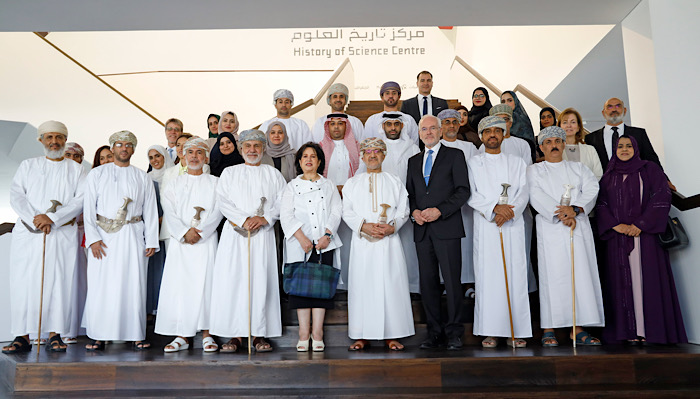
_________
OMAN


